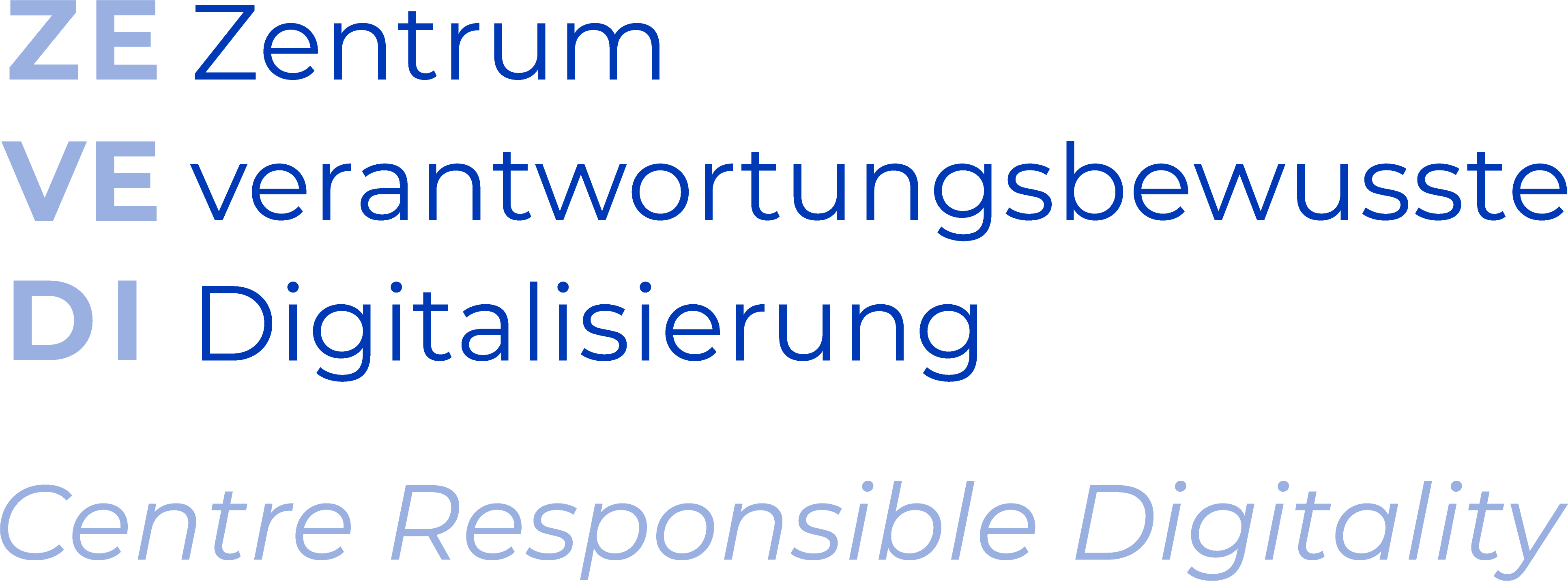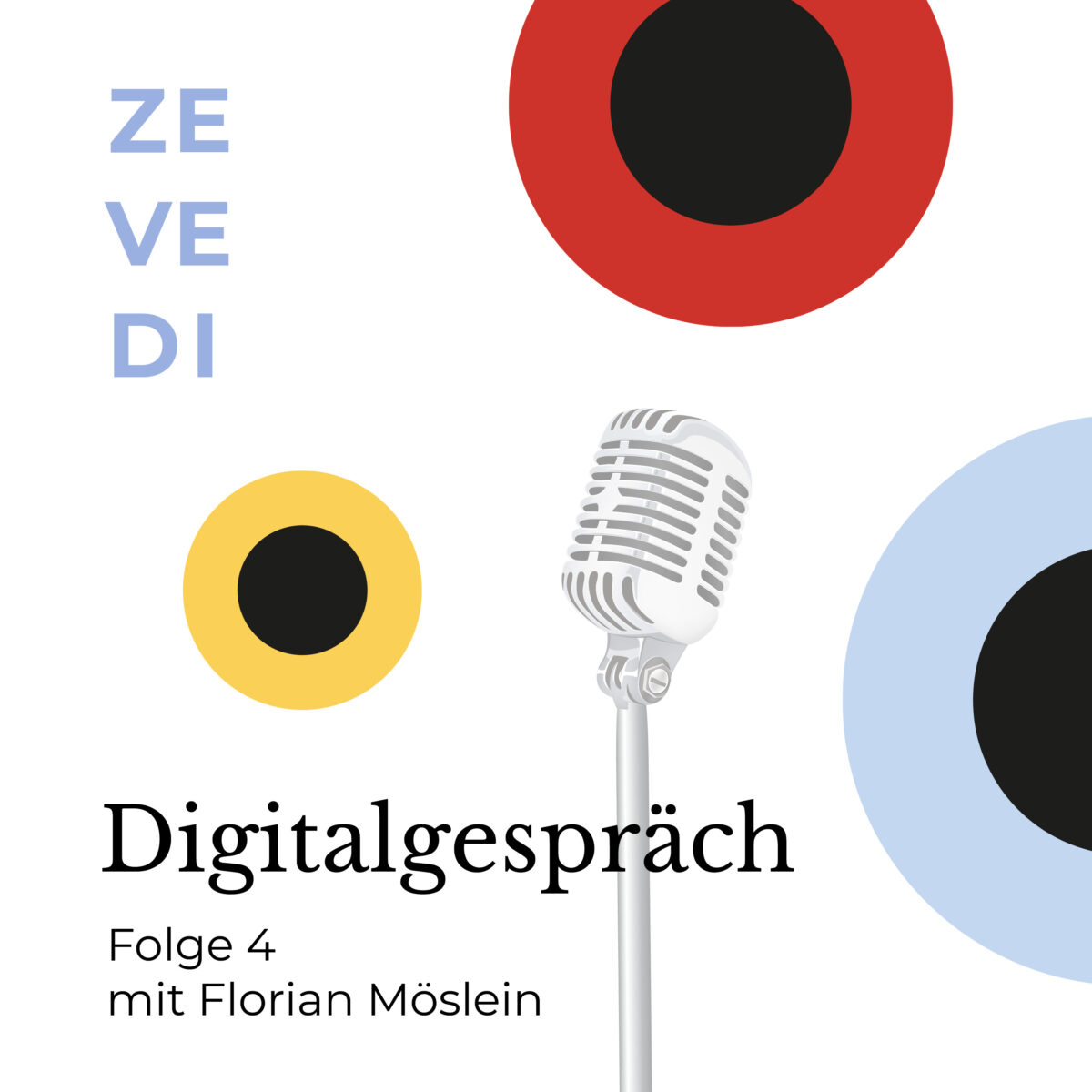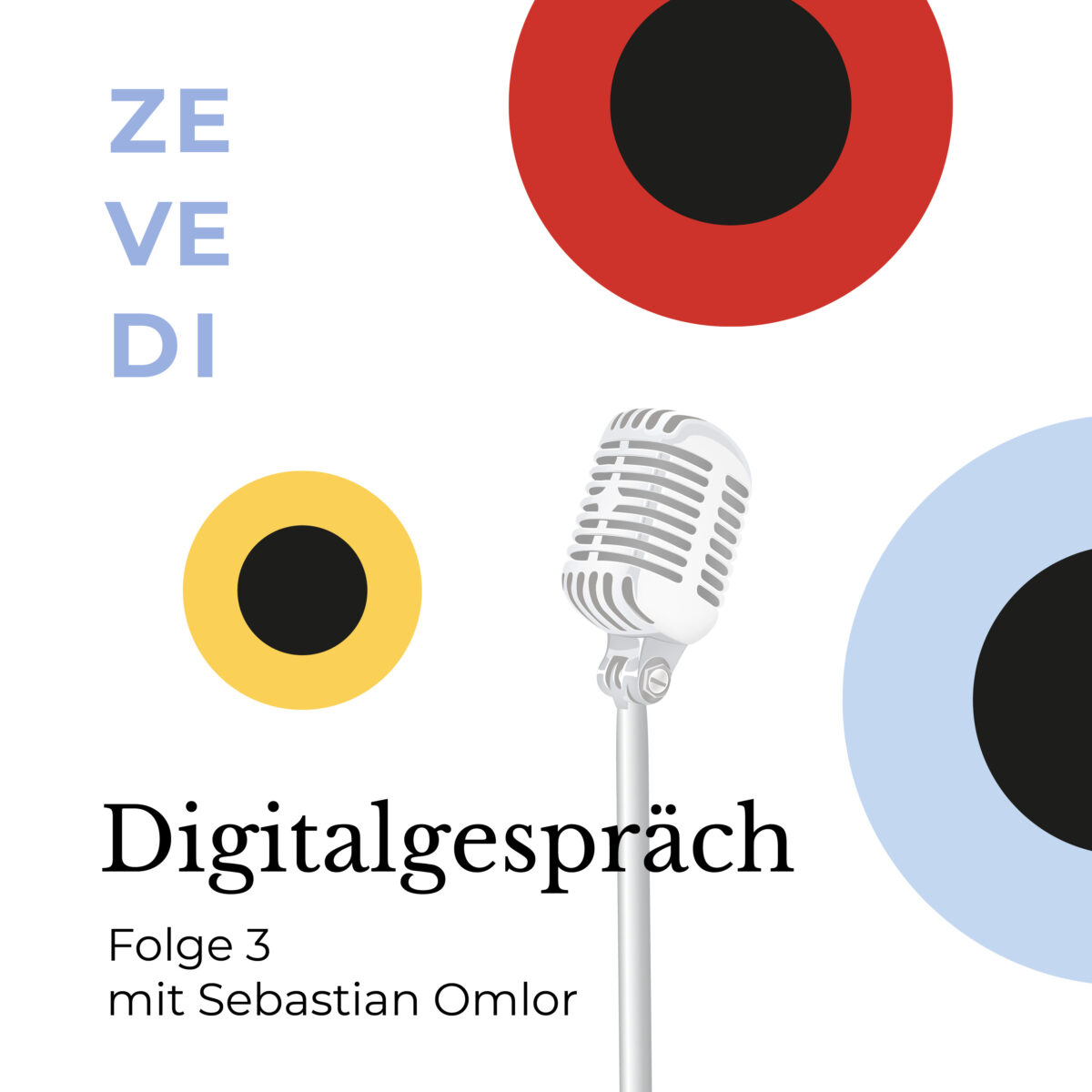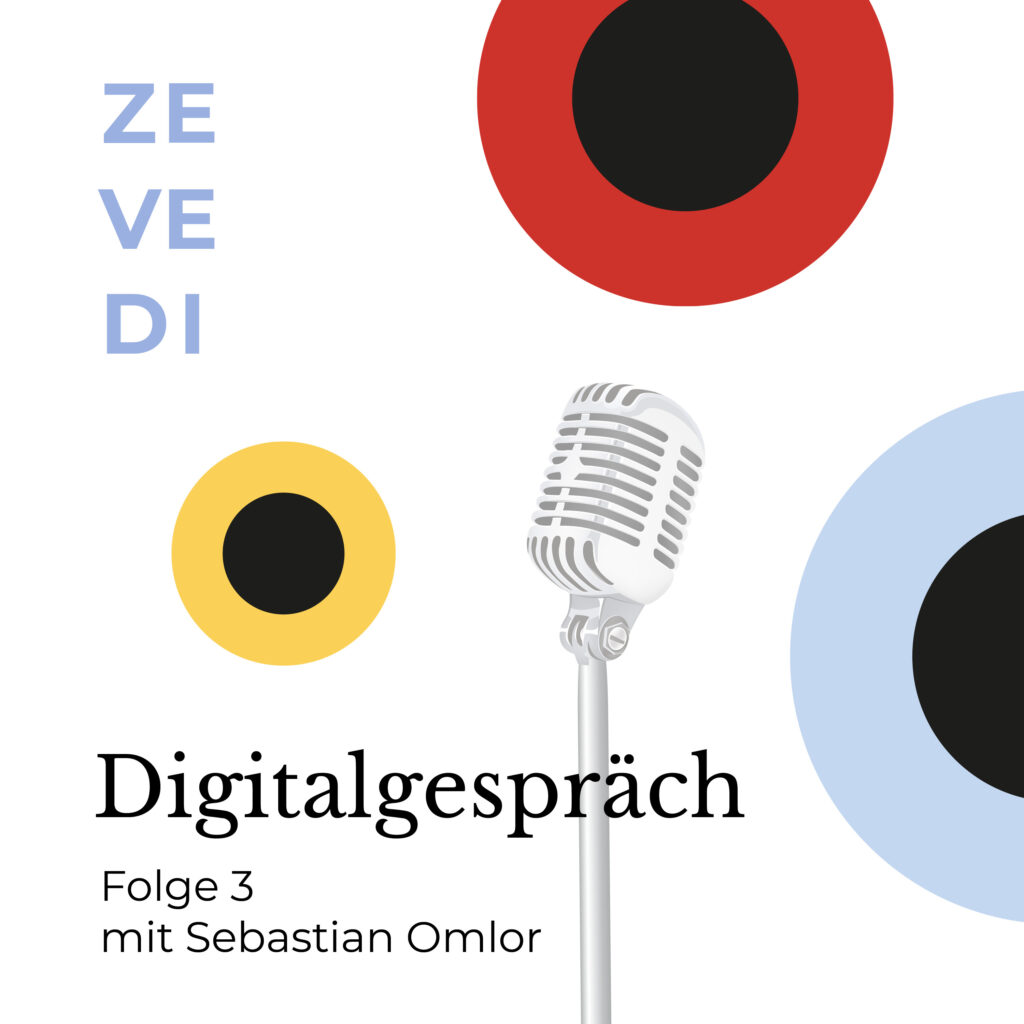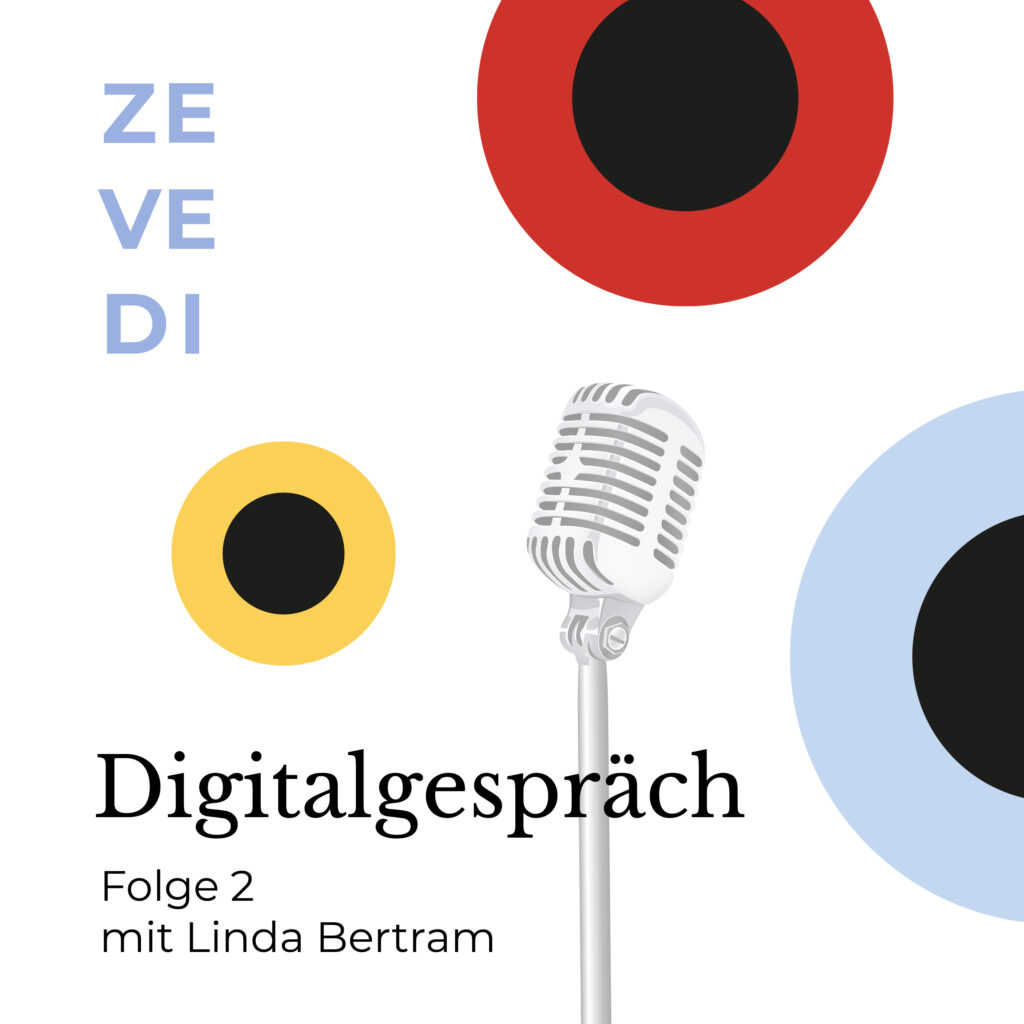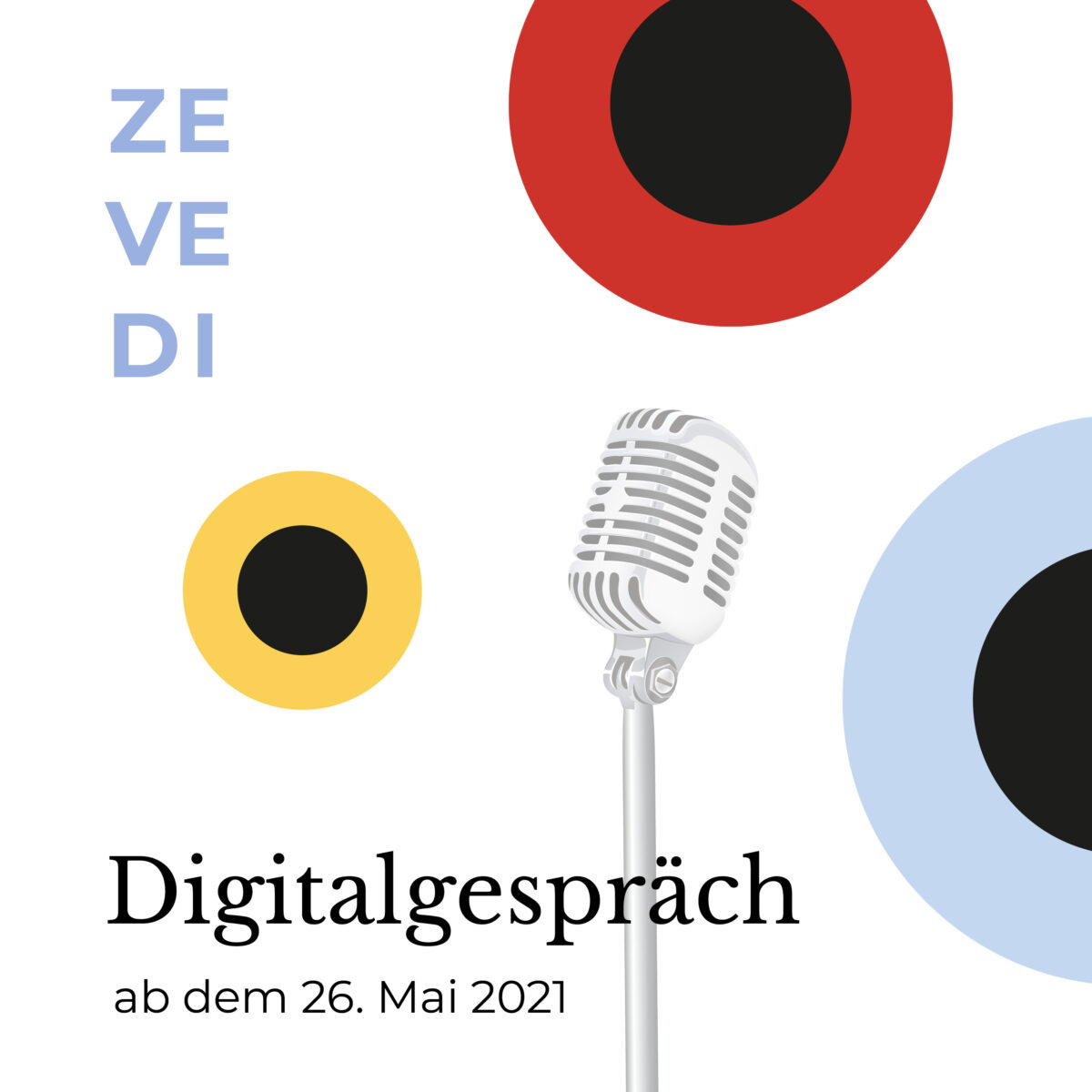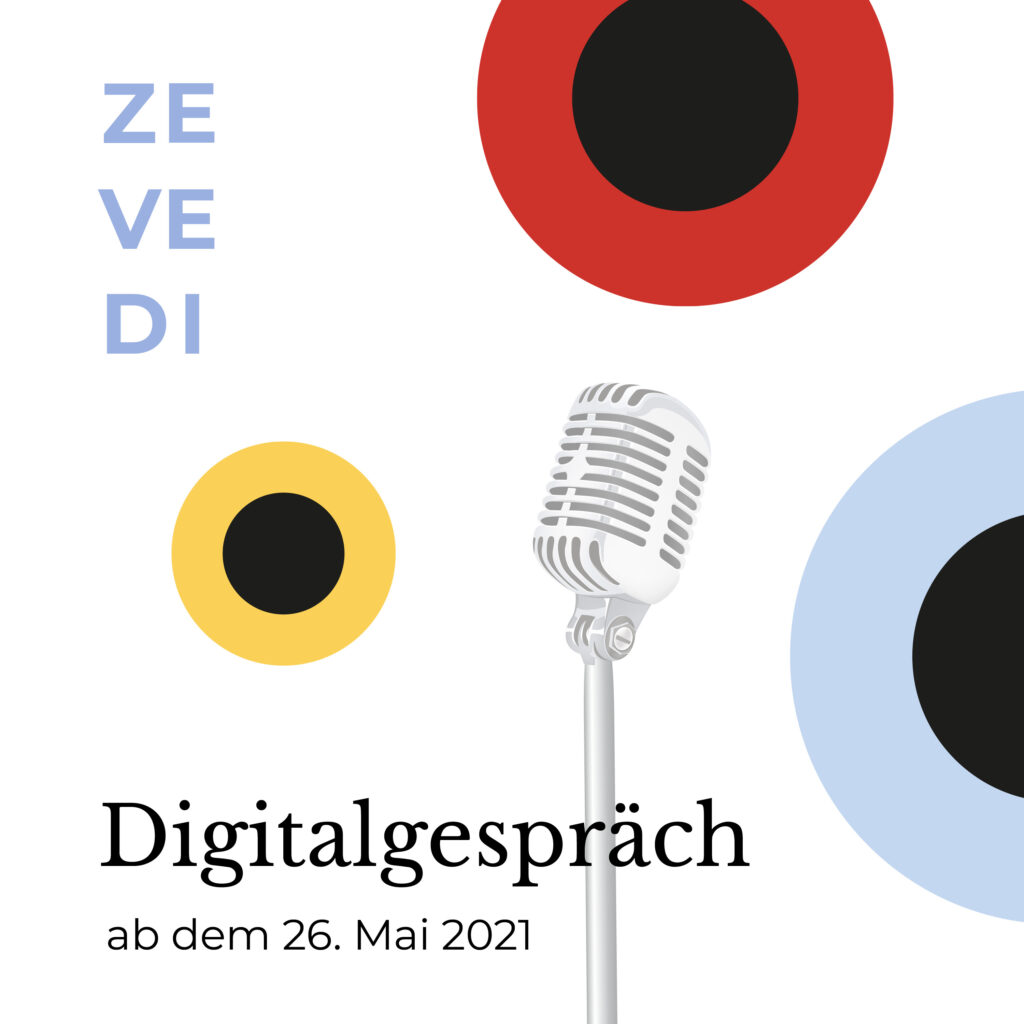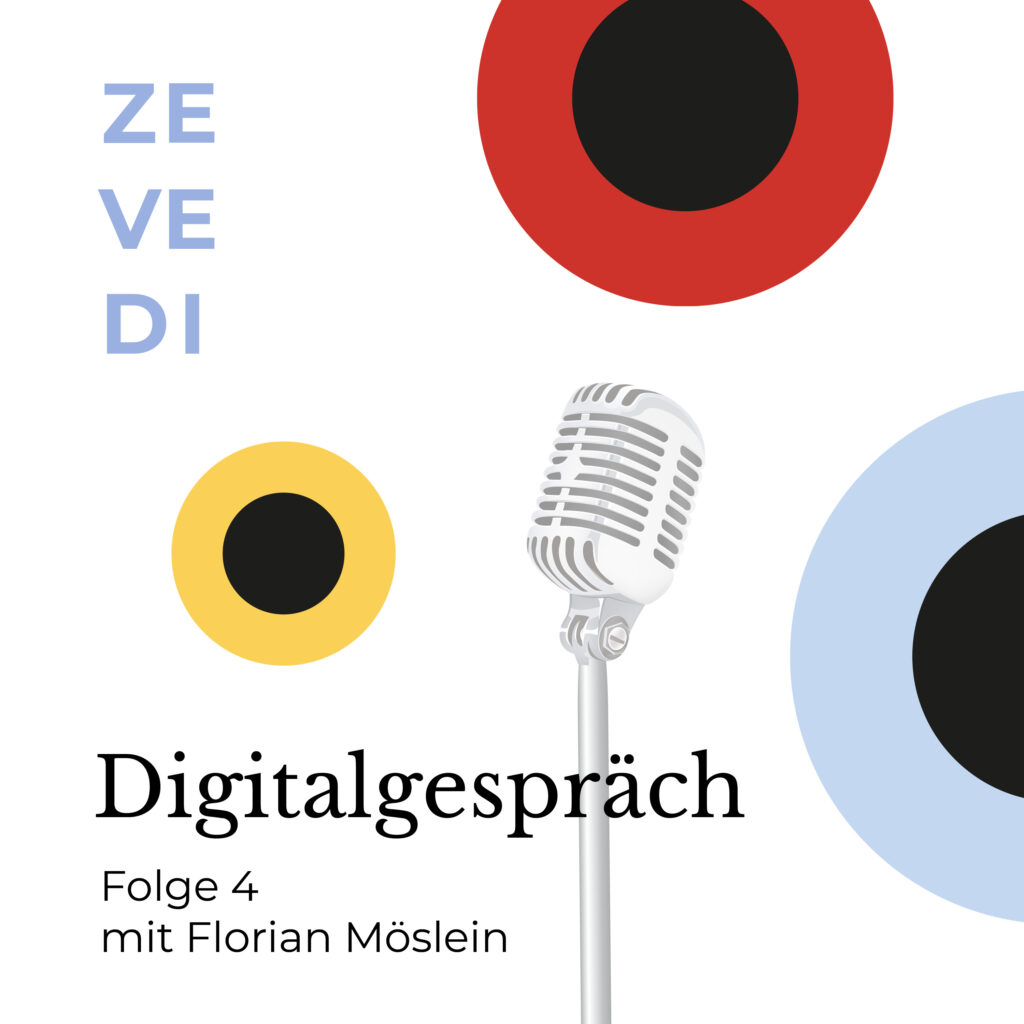
Finance has always been geared to gaining knowledge about economic conditions and developments through skillful analysis of cleverly generated data. Over the centuries, it has undergone a number of innovation processes. We are now in the midst of dynamic developments that are characterized by digitality – and as is the case in many other places, technologies that are counted as artificial intelligence are becoming more and more important. Florian Möslein is a legal scholar who teaches and researches at Philipps University of Marburg. In this fourth episode of “Digitalgespräch”, the expert on digitality and innovation talks about applications of Artificial Intelligence as seen today in the financial markets. With hosts Marlene Görger and Petra Gehring, he discusses the challenges that the digitization of financial markets poses for market participants, politics and society.
Further informationen:
Link to Florian Möslein’s department at the University of Marburg:
https://www.uni-marburg.de/de/fb01/professuren/zivilrecht/prof-dr-florian-moesleinhttps://www.uni-marburg.de/de/fb01/professuren/zivilrecht/prof-dr-florian-moeslein
Link to Wikipedia article on Gamestop stock affair in early 2021:
https://en.wikipedia.org/wiki/GameStop_short_squeeze
all episodes of Digitalgespräch»
The podcast is in German. At the moment there is no English version or transcript available.
